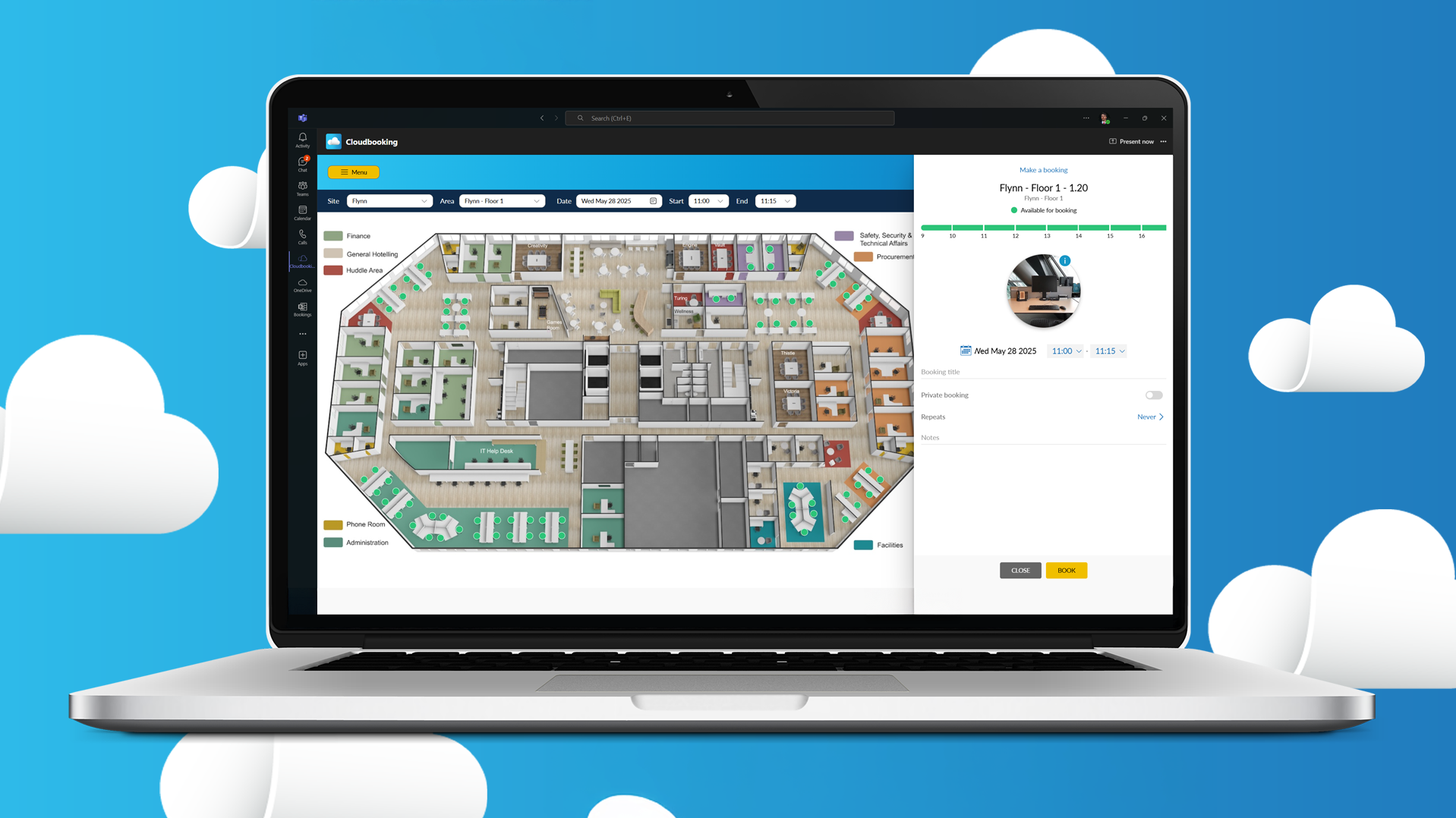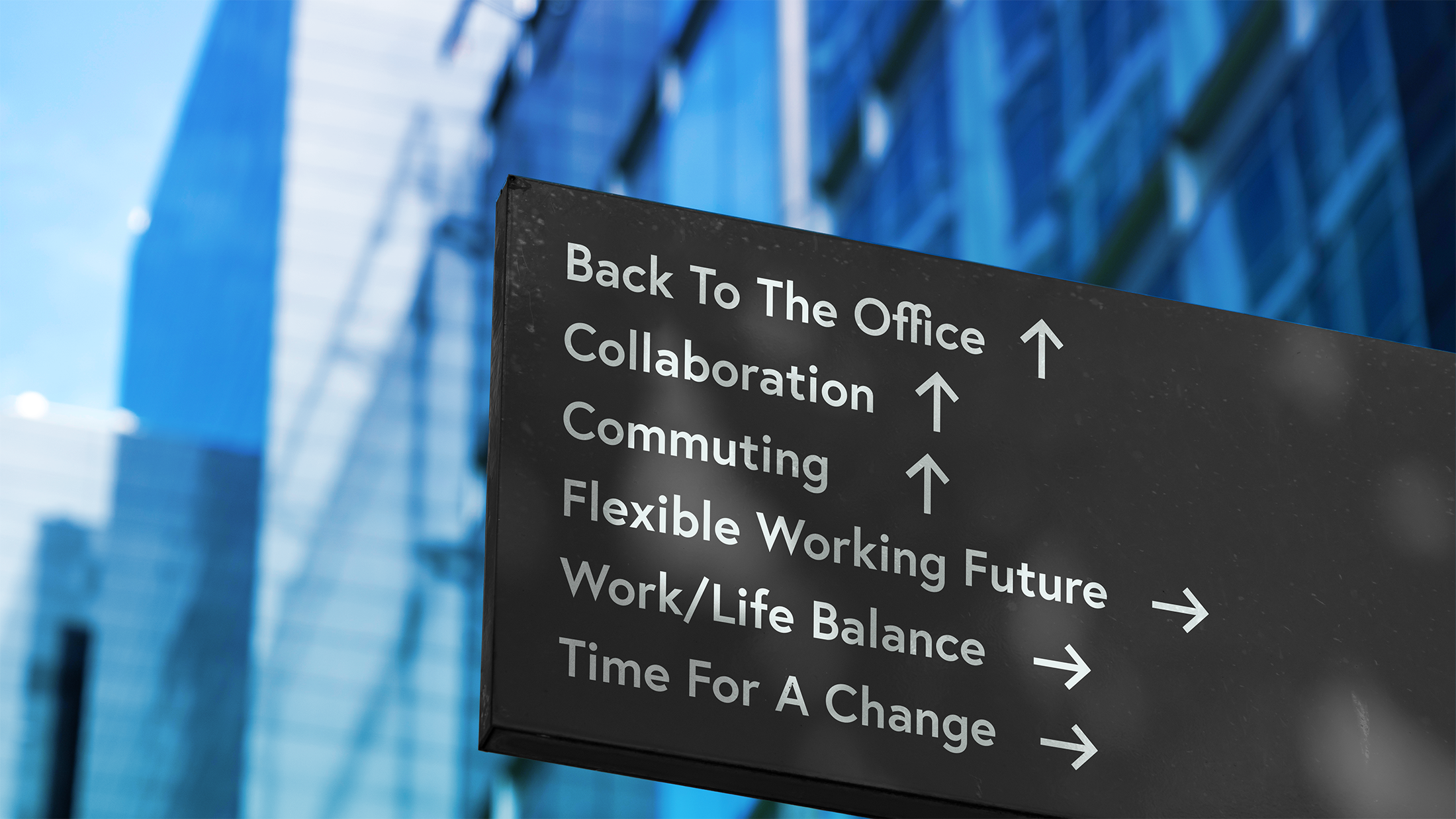
With multiple generations in the workplace, organisations have challenges and opportunities to consider. On the one hand, multigenerational workforces can bring a wealth of experience, solidarity and shared skill sets. On the other hand, managing a multigenerational workforce requires an understanding of the different perspectives and expectations of each generation.
Such differences can lead to potential conflicts. However, suppose organisations take steps to create flexible policies for managing multigenerational teams and acknowledging each generation’s unique contributions and strengths. In that case, they can harness the considerable potential of having a diverse workforce and foster an inclusive work atmosphere.
Related reading: What Will the Modern Employee Experience Look Like in 2023?
The challenges of a multigenerational workforce
Each generation brings unique values, ideas, and experiences to the workplace. This can create amazing opportunities for collaboration and some significant challenges. Whether it’s navigating different communication styles or tapping into new ways of thinking about innovation and problem-solving, managing a multigenerational team requires thoughtfulness and an understanding of what each generation needs to thrive in the modern workplace.
Work-life balance expectations
Values and work-life balances differ significantly between generations. According to a report from Gallup, 57% of Millennials view their work-life balance and overall well-being in their job as “extremely important”, having put concrete boundaries between their personal and professional life.
Older workers already have their boundaries firmly intact, possibly making them less willing to sacrifice time with family or friends for their job. To ensure the effective management of multiple generations in the workplace, employers must consider these differences in attitudes. The response is to equip everyone involved with an improved working environment that considers each individual’s desired levels of well-being.
Related reading: The Cloudbooking Handbook to Supporting Employee Well-being and Mental Health
Communication and understanding across generations
It is well-known that having multigenerational representation in the workforce provides a wealth of knowledge and experience. Unfortunately, this diversity of perspectives and values can also lead to multigenerational workforce challenges — specifically, a lack of communication and understanding between different generations.
We must strive to foster a better understanding among our multigenerational peers by critically evaluating each other’s differences to identify common ground. By doing so, we can ensure that valuable insight from each generational group is understood and respected so that we can achieve workplace collaboration across generations.
The benefits of a multigenerational workforce
Despite those challenges, a multigenerational workforce provides numerous benefits that you can leverage to power your organisation’s on-site and remote productivity and growth.
From increased collaboration to valuable experiences spanning multiple generations, having a diverse group of people onboard is an increasingly important part of remaining competitive in this ever-evolving marketplace. Here’s how taking advantage of the benefits offered by a multigenerational team can help improve success at every level.
Diversity of perspectives and ideas
A multigenerational workforce challenges organisations to foster a diversity of perspectives and ideas that can lead to increased creativity and innovation. With multiple generations in the workforce, there is an unparalleled opportunity for individuals with different skill sets and views to engage in open conversations, draw on their unique knowledge, and push boundaries.
Together, this has the potential to drive company performance through enhanced problem-solving, greater capacity for brainstorming fresh ideas, and expanded innovation. It also leads companies forward as they strive towards greater engagement and improved results.
Mentorship and learning opportunities
Mentorship and learning opportunities are invaluable to the multigenerational workforce. By bridging knowledge between multiple generations in the workforce, organisations can create an environment of growth and opportunity while addressing existing challenges.
The mentorships can strengthen teamwork, build trust, help foster understanding among different generations, and provide access to resources that would otherwise remain untapped. Additionally, young employees can benefit from experienced guidance and advice while older professionals gain valuable insight into the latest industry trends and technology.
The benefits of mentorship extend beyond individual development. They can profoundly affect teams and entire organisations by uniting multiple generations in a collaborative effort towards common goals.
Related reading: 3 Examples of Effective Coaching in the Workplace
Increased Productivity and Innovation
Different generations bring different perspectives and specific skill sets that can benefit organisations when utilised properly. The challenge for business owners is getting everyone on the same page and harnessing the various strengths of multiple generations without creating an environment of animosity or disharmony.
When managed carefully, multigenerational employees can learn from each other and bring together different ideas and viewpoints while working together to drive success and productivity in the workplace.
Managing a cross-generational workplace
To effectively manage a multigenerational workforce, organisations must adopt a culture of inclusivity and respect, and develop strategies for effective communication and collaboration across generations.
Strategies for effective communication
As the multigenerational workforce expands, companies must take a proactive approach to encourage open communication among different generations. By actively listening to each generation’s perspectives, organisations can gain key insights into the challenges facing their staff and foster an environment of support and collaboration.
With more generations in the workplace than ever, there is excellent potential to build on and cultivate ideas by hearing all voices. Open communication is one of the most useful tools for engaging with multigenerational teams and understanding diverse viewpoints.
Creating a culture of inclusivity and respect
Creating a multigenerational workforce that embraces respect, inclusivity and appreciation of diversity is an important endeavour. This type of culture helps to ensure a productive and engaging environment for all team members, regardless of their generation. As the workforce evolves with multiple generations interacting, varying levels of experience and perspective can present unique challenges which you must appropriately address.
The abilities and wisdom of each generation need to be acknowledged and respected to maximise its value fully. Successfully addressing multigenerational workforce challenges requires developing an open-minded atmosphere, engaging in dialogue respectfully, and valuing individual growth opportunities within a diverse workplace.
Leveraging the strengths of each generation
From the Boomers who bring invaluable experience and knowledge to Gen Xers’ rich technical skills and Millennials who specialise in creativity and innovation, today’s workplaces thrive when they capitalise on the valuable assets of multiple generations.
By tapping into the talents that only come with multigenerational representation, companies can ensure a supportive and inclusive environment that encourages growth and positions them for success.
Related reading: What Workplace Technologies Will Transform Offices of the Future?
Avoiding assumptions
Of course, not every Boomer is the same, just as not every Gen X or Z member is the same. It’s important to remember that making age-based assumptions and stereotyping can lead to mistakes.
When we make assumptions based on a person’s age or try to generalise a person’s experience or capabilities in any other way, we risk missing out on valuable input from our colleagues and creative solutions which could truly benefit the company.
Instead, it is recommended that we focus on each person’s skills and capability to contribute positively to our organisation. We can do this while recognising that different age groups bring different skills and needs to the workplace.
Generation Z in the workforce
As Generation Z enters the workforce in more significant numbers, organisations must prepare to manage the unique challenges of this youngest generation. The 2020 figures indicated that 19% of the UK population is Gen Z, and they make up 20% of the UK workforce.
This is a tech-savvy cohort that has grown up with smartphones since childhood and therefore expects fast-paced and always-on technology. Organisations should capitalise on this by using available tech to engage and communicate with Gen Z employees to meet their expectations regarding work-life balance and job security.
Related reading: Clearing 10 Incorrect Assumptions about Gen Z in the Workplace
Embracing the cross-generational workforce
The multigenerational workforce presents both challenges and opportunities for organisations. Managing a diverse workforce requires understanding and driving the dynamics of a multigenerational workforce.
The world has changed drastically due to the COVID-19 pandemic, making it essential for organisations to understand multigenerational workforce challenges and how to effectively manage a workforce that includes multiple generations. This situation has especially highlighted the need to adapt to what Generation Z brings with it since they are now entering the job market and introducing their unique dynamic to the workplace.
Companies must recognise and implement various initiatives tailored to each generation and consider generational differences. Ultimately, this understanding can help businesses unlock opportunities that arise through multigenerational workforces.
In 2022, Cloudbooking undertook research and produced The Future of Work: 8 Trends in Workplace Transformation Report, which you can now download for free. Find out more about what to expect from the workplace of tomorrow so that you can future-proof your business today.


